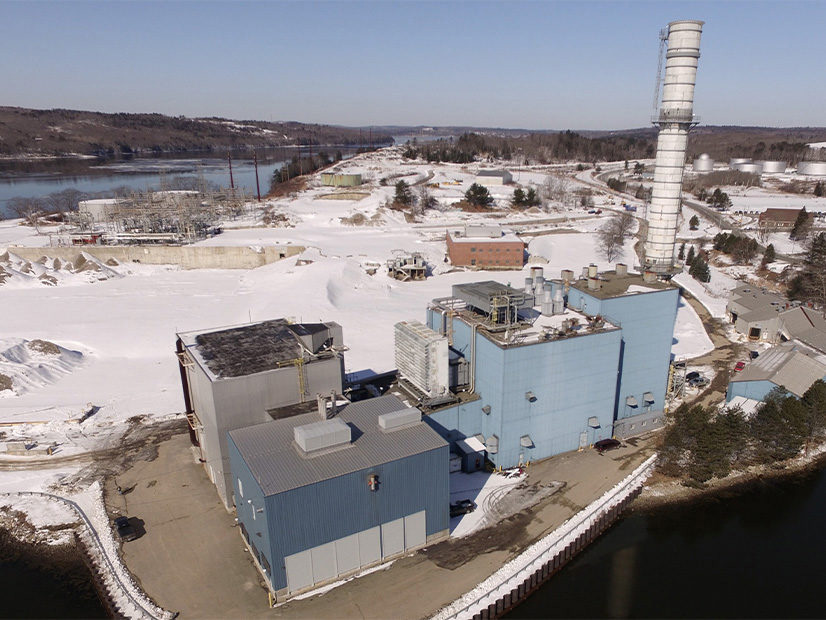
The Japanese company that just bought up a significant portion New England’s energy generation doesn’t see its decarbonization future in renewables, its CEO said at a conference last week.
JERA Americas, the U.S. division of Japanese energy giant JERA, recently purchased two gas plants in Massachusetts and Maine.
The deal was approved by FERC, despite objections from consumer advocates that it would threaten competition by giving the company too large a share of the generation market in New England, particularly in Southern New England, where it now controls 18% of generating capacity. (See FERC Approves New England Generation Deal Over Competition Objections.)
JERA Americas CEO Steve Winn made some of the first public comments about the company’s plans for its newly increased footprint in the region last week at the New England Energy Summit.
The company is interested in the Northeast because it shares similarities with Japan, he said, including relatively high population density, limits on the potential for new construction and decarbonization goals.
But the company’s goals aren’t necessarily aligned with that of regional policymakers who have pushed for building more renewables.
“Our focus on decarbonization is really on low-carbon fuels,” he told the conference.
JERA owns around 5 GW of renewables globally, made up of small projects in Asia and Europe, but Winn said the company doesn’t see that as nearly enough to meet its decarbonization goals.
In part, he said, that’s because the company’s home country has limited interest in wind and solar.
“Unlike some parts of North America, renewable resources are hard in Japan. It’s very mountainous. There’s not a lot of uncovered land at the moment,” he said.
So instead, the company is focusing on making its fuel cleaner by modifying natural gas plants to burn hydrogen, both in Japan and the U.S. That includes its Linden project in New Jersey, which will be modified to use up to 40% hydrogen.
Hydrogen could very well fit into the company’s plans in New England as well, Winn said.
“We’re looking at both blue and green hydrogen,” he said. And he added that if the company can’t make hydrogen for its plants locally, it can just bring it in from abroad. “We run a very large fleet of ships right now,” he said.
Overall, Winn said, reliability is one of the company’s main focuses, which was why it bought the Canal Generating Station in Sandwich, Mass., the bigger of its new purchases.
“For us, reliability and the low-carbon transition are tied together. And Canal was bought with that in mind,” he said. “We can provide reliability to the market.”
The company is also planning to offer up its newly acquired New England plants as possible interconnecting points for renewables. Canal could be a connection point for offshore wind coming off Cape Cod, and the Bucksport plant in Maine has an existing transmission interconnection that could link renewables to the grid, the company said in a recent separate press release.
“We are committed to transitioning the existing units to greener forms of energy as well as employing the attributes of the sites to enable renewable energy development in New England,” JERA said.


